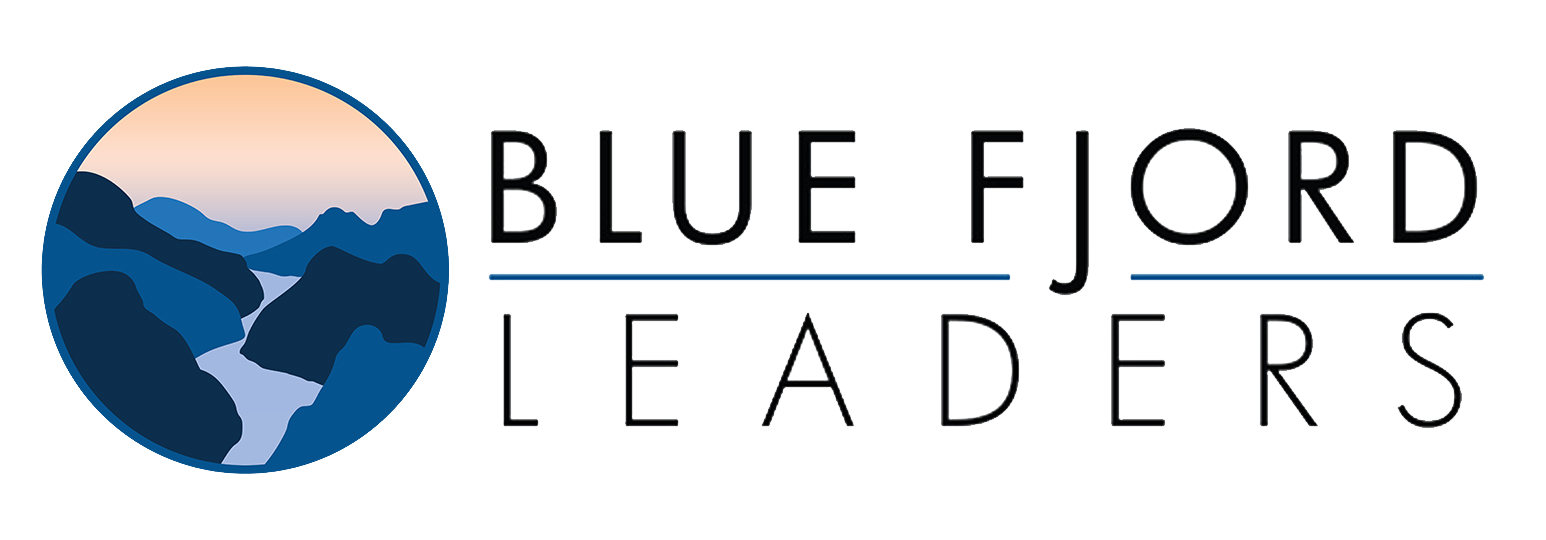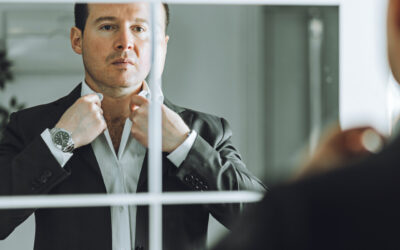
For example, it’s tempting to walk in the door, explain the situation and say, “What would you do?” And, here’s the thing…they will answer you. They will think about it and tell you what they would do. But, you aren’t them. The chances are slim that what works for them will work for you. You aren’t them. And it places you in an awkward situation the next time you see this person. When they ask what you decided, you hem and haw so you don’t have to say that the information was of limited use or you didn’t follow their suggestion(s). Awkward.
In my experience talking to staff who asked me for advice, the most constructive conversations occurred when they explained the situation and asked “How would you approach this decision?”
- What questions would they ask themselves?
- Who else would they consult?
- What questions would they ask the others?
- What other factors would they consider?
- How would they read the political situation?
- What do they look for to assess decision risk?
- How would they evaluate the effectiveness of the decision?
Admittedly, it’s a subtle difference in approach but a powerful one. This approach opens up many avenues for discussion. There is bound to be a useful nugget or two of information that you can use and learn from. Plus, the next time you see this person you can honestly and sincerely tell them how you put their input to good use. Not only is it flattering to know their advice was useful, you are now in the position of having a robust conversation about how you thought it through using their insights.
Make a commitment now to talk to someone you admire to get their input on a tough problem. Ask how they would approach the thought process. You’ll learn a lot and develop a relationship that will serve you in the future.





Great idea! I’ve used both techniques in the past, but thinking back, Shelley’s idea was most beneficial. Thanks Shelley for pointing this out!